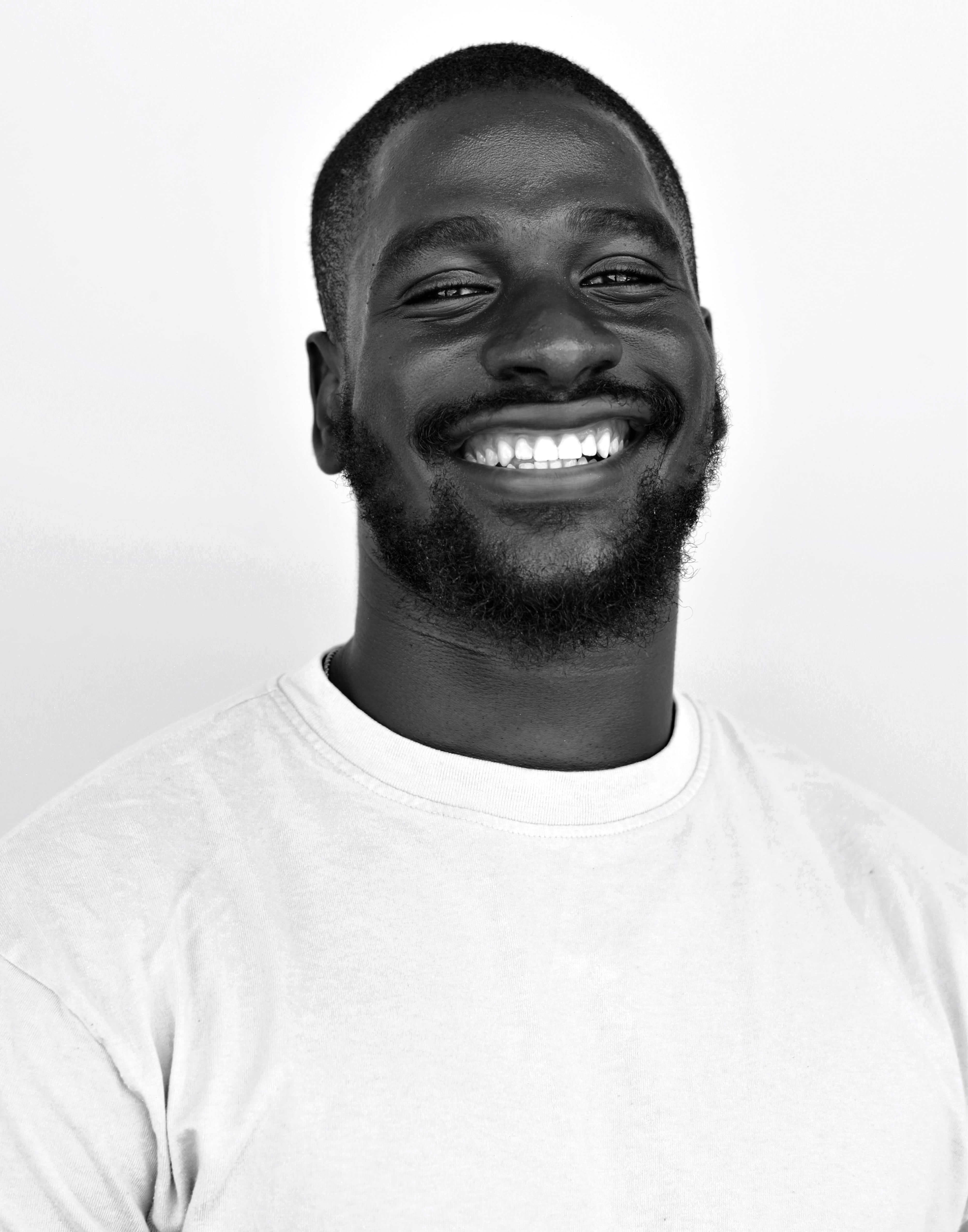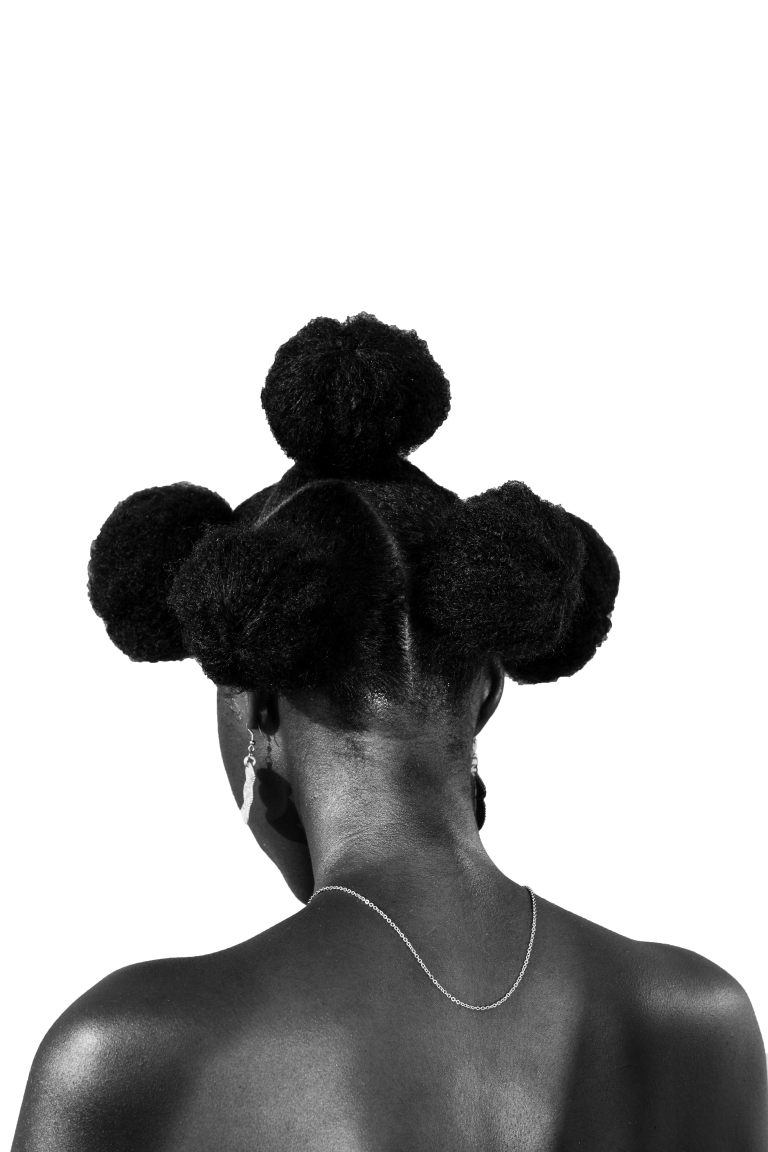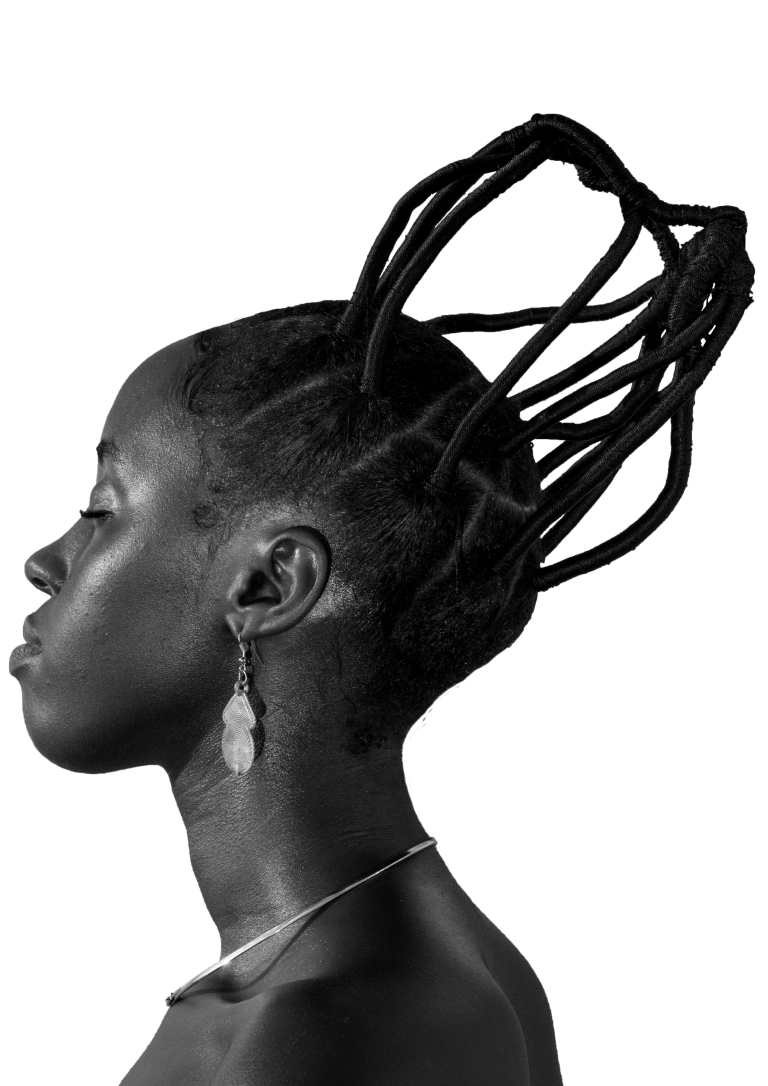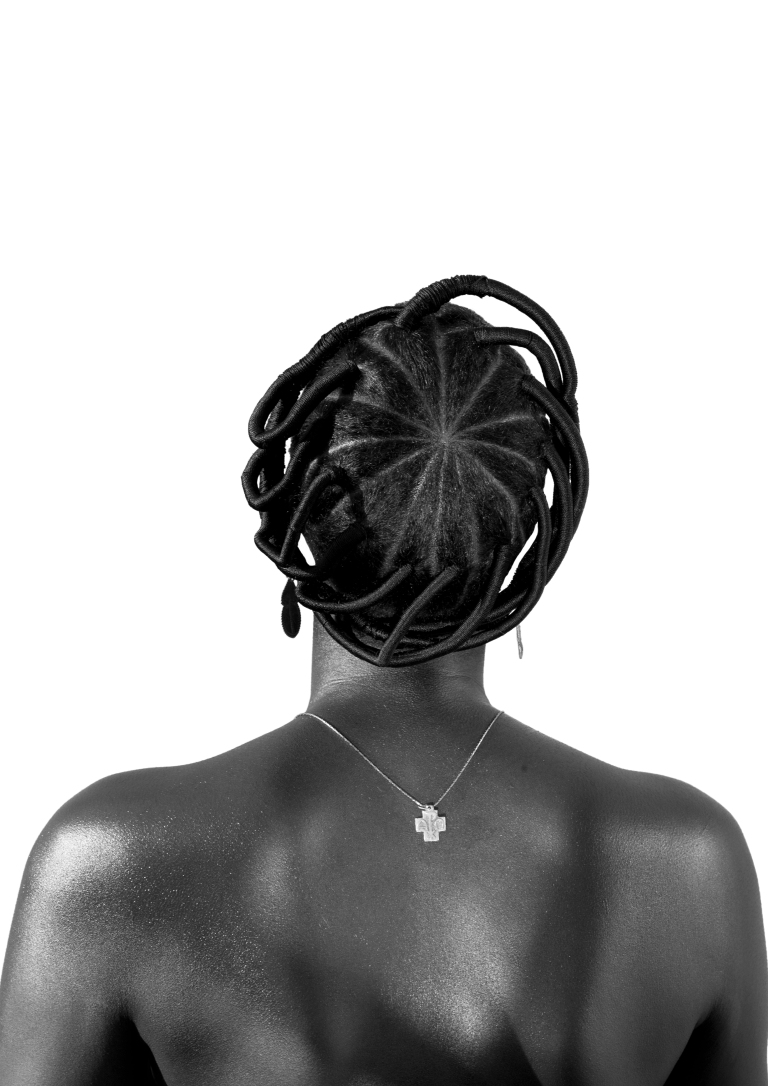Àde: Reclaiming The Narrative and Delving Into Nigeria's Identity and Culture
There is a Swahili saying that goes “sanaa ni kioo cha jamii” which translates to “art is a reflection of the society.” Artists are continuously inspired by the people and the cultures of the societies they come from. Their art, as a result, paints a picture of the societies and cultures that inspired them. And while art may be great for entertainment, it also forces us to look at ourselves and reflect. For a long time, it has felt like our identity as an African people has been watered down, especially amongst the youth. It seems everywhere you look there is an artist embracing a sound or a look that reflects a completely different culture. Africa is vibrant. It is defiant and expressive. And dare I say, that is what the art coming out of this continent should reflect.
Pelumi at a glance...

Image by Rahma Seif
23-year-old Pelumi Obanure was born in Abuja, Nigeria and grew up in Ghana. Following the completion of his secondary education, he moved to Mauritius for his undergrad. He graduated last month and is now back in his native Nigeria where he continues to practice photography; a passion he discovered 3 years ago. In this feature, we take a look at Àde, Pelumi's way of reclaiming the narrative and delving into Nigeria's identity and culture.
Àde
For centuries hair has played a significant role in African cultures. It was more than just a fashion statement. Hair was a signifier of family background, social status, spirituality, tribe, and marital status. In this photo essay that has been adapted for an exhibition, Pelumi uses his photography to explore the culture and identity of the Nigerian people in the most unorthodox way, using hairstyles.

The name of the project in itself is a powerful statement. Àde is the Yoruba term for crown and as such, Pelumi believes that a woman should wear her hair as one would wear a crown, “with elegance and pride”.

Featuring hairstyles that were worn by Nigerian women decades ago, he states, “my focus lies within understanding the importance or the significance of hairstyles from Nigeria and its correlation with Identity & Culture… I hope to use my photography as a reminder as to how hairstyles shaped the identities of people living in Nigeria, also to bring to light the Nigerian hairstyles that have been lost to time and its importance.”

Partnering with another artist, Lula, to recreate these hairstyles, they have been able to capture the essence of his people in a way that is unassuming. He simply lays it bare before you for your consumption. By applying monochrome photography, the images somehow become more striking. The dark melanin of the models’ skin and the intricate hairstyles against the stark white background draws your eye and demands your attention.
All images courtesy of

